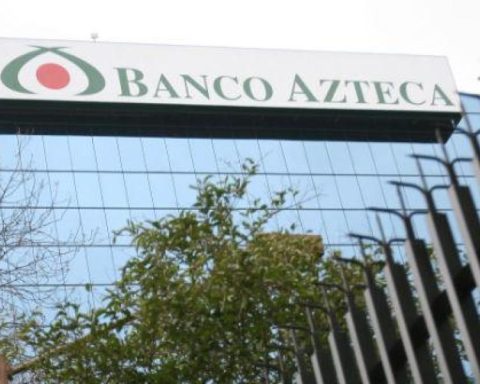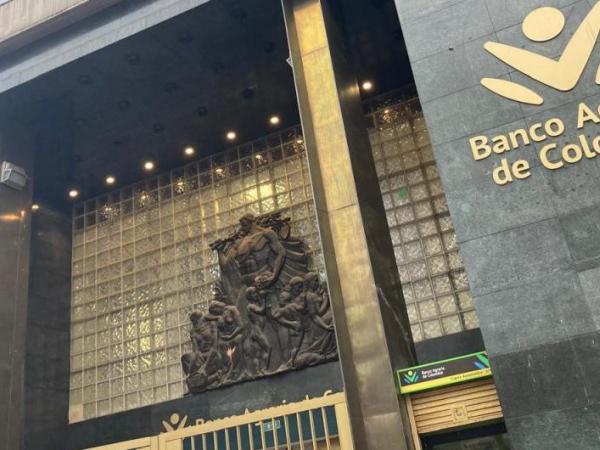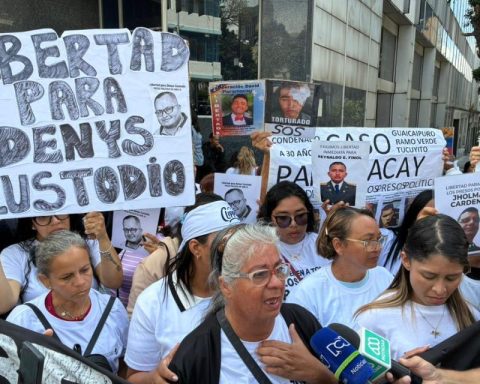l
to crisis in the Corn production in Mexico in 2024 highlights the fragility of obtaining food in an environment of climate crisis.
It is expected that only 23.4 million tons of grain will be produced this year, of the 27 or 28 million harvested per year since 2016. This drop occurs at the end of the six-year period that was proposed to achieve food self-sufficiency and is the result of the dismantling of agricultural policies. and the financing and marketing institutions that supported the production that competes in the open market with that of the United States.
Commercial farmers who plant with irrigation in the fall-winter cycle, and produce around 8.8 million tons, were the most affected. The few programs that the government of Andrés Manuel López Obrador maintained left out those who have more than five hectares of irrigation. Thus, 84 percent of corn production did not have any subsidies.
Sinaloa contributes around 74 percent of the autumn-winter cycle, and 24 percent nationally. Its white, hybrid and non-transgenic corn is mainly used to feed people in the cities.
The elimination of subsidies for irrigated farmers caused production to decline starting in 2019, but in 2023 it rebounded, encouraged by good international prices.
The government, more interested in lowering food prices than in guaranteeing the country’s food security, promoted corn imports through the Opening Agreement against Inflation and High Costs, signed in October 2022. Fifteen transnational companies were able to import it. without regulations or tariffs, even from countries with which Mexico does not have trade agreements.
In 2023, grain imports reached a record figure of 19.8 million tons. As in 1996, the government carried out dumping against corn producers by flooding the domestic market with grain imported from Brazil (1.8 million tons) and South Africa (259 thousand).
The corn growers of Sinaloa had enormous difficulties in marketing their production: the market price of 5,625 pesos per ton was well below the 7,000 pesos they demanded to cover production costs and achieve some profit. The government decided not to grant a premium for a target income, but rather to pay the entire 7 thousand pesos as a guarantee price, only for the purchase of one million tons to those who had less than 10 hectares.
In response to this marketing scheme and in the absence of solutions from the government, farmers they took the toll booths on the highways, the streets surrounding the government palace, the Pemex plants in Topolobampo, Guamúchil and Culiacán; They also paralyzed the Culiacán airport for several days. They held meetings with the governor and in Mexico City they tried, without success, to be received by the president.
Although they managed to expand the volume of production that Segalmex would include in the guarantee price, and the participation of the state government, they were not able to cover the entire harvest. Marketing difficulties delayed payments and several fell into overdue loans. Arrest warrants for sabotage were issued against leaders of farmers’ organizations and some were imprisoned.
The mistreatment suffered, the lack of profitability of production and resources for investment, combined with the scarcity of water in the dams caused the production of the autumn-winter 2024 cycle to drop by 4 million tons.
Producers mobilized again to market 4.9 million harvested in 2024. With the presidential elections approaching, the government activated arrest warrants against the leaders and agreed to support of 950 pesos per ton.
Production of the spring-summer cycle, which has had greater subsidies, also reduced its volume in 2023 and 2024 by almost one million tons compared to 2022.
Until September 2024, corn imports registered 18 million tons, 3.4 million more than on the same date of the previous year, so it is possible that the year will conclude with an import of around 23.1 million tons.
The dramatic reduction in corn production was not caused by a temporary situation, but by the lack of agricultural policies. The profitability of its cultivation is questioned and the decapitalization of commercial farmers is a reality. Meanwhile, the country’s food dependence is expanding.
* Director of the Center for Studies for Change in the Mexican Countryside















